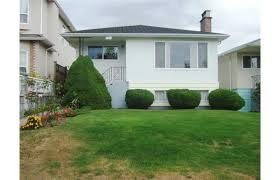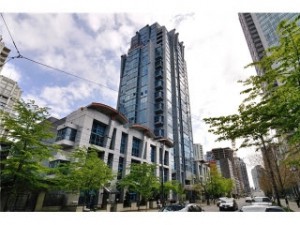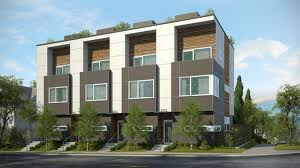We all have to live somewhere and many of us are interested in home ownership. The maze of types of accommodation has been explained by www.wesellvancouver.ca
Types of Housing Ownership
Freehold

A free hold interest (also known as a fee
simple) is the more precise term for what
we ordinarily refer to as “ownership” of a
property. The owner of the freehold interest
has full use and control of the land and the buildings on it, subject to any rights of the Crown, local land-use bylaws and any other restrictions in place at the time of purchase.
Leasehold
In some cases you might purchase the right to use a residential property for a long, but
limited, period of time. The owner of this right of use has a type of ownership called
a leasehold interest. This type of ownership is used most often for townhouses or
apartments built on city-owned land. It is also used occasionally for single detached
houses on farmland, on Indian reserves and for apartments where the owner of the
freehold interest of an entire apartment block sells leasehold interests in individual
apartment units to other “owners”. Leasehold interests are frequently set for periods of
99 years, but regardless of the length of the original term, you will only be able to
purchase the remaining portion. Of course, the shorter the remaining portion, the less
you, or the person who eventually purchases from you, will be willing to pay for the
leasehold interest.
Condominium

It is a common error to believe that this term describes a particular structural style
of housing. You should be aware that it is actually a type of housing ownership. The
condominium form of ownership (more formally called a strata title ownership)
is designed to provide exclusive use and ownership of a specific housing unit (the
strata lot) which is contained in a larger property (the strata project), plus shared
use and ownership of the common areas such as halls, grounds, garages, elevators,
etc. This type of ownership is used for duplexes, apartment blocks, townhouse
complexes, warehouses and many other types of buildings. Because ownership of
the common space is shared, the owners also share financial responsibility for its
maintenance.
Cooperative
In the cooperative form of ownership, each owner owns a share in a company or
cooperative venture that owns a property containing a number of housing units. Each
shareholder is assigned one particular unit in which to reside.


